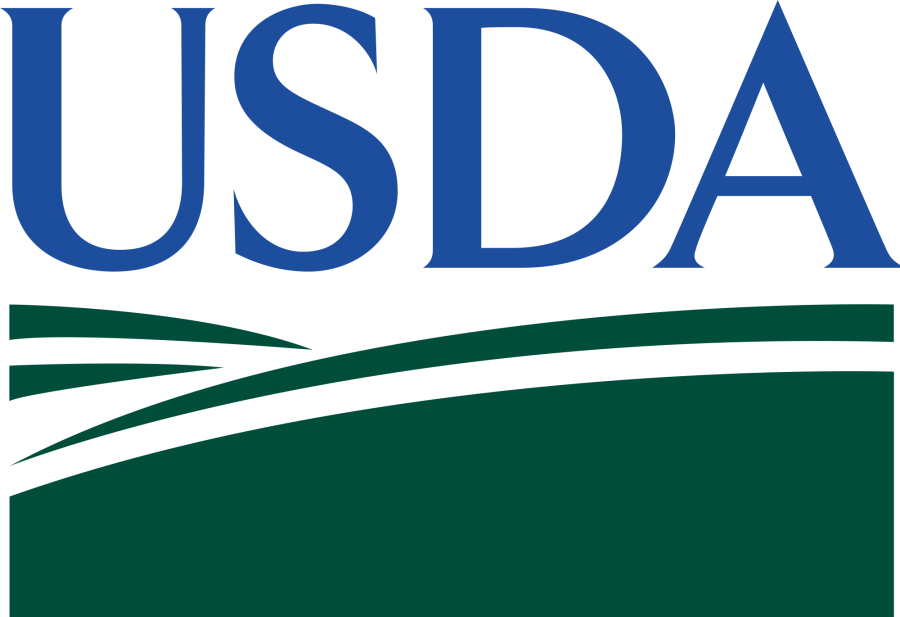Discover how the USDA’s new $824M pilot program aims to combat H5N1 in dairy herds. Will your state participate in this innovative approach to safeguard livestock?

The USDA’s new H5N1 Dairy Herd Status Pilot Program aims to revolutionize cattle health monitoring and expedite cattle movement. Starting in select states, this voluntary program promises to usher in an era of diligent health surveillance.
The innovative program has three main goals:
- Enhanced Monitoring: Systematic testing of cows for H5N1.
- Streamlined Movement: Swift shipment of cattle after consistent negative tests.
- Flexible Testing: Alternative methods to confirm herd health regularly.
“We are deeply committed to providing our dairy producers with the tools to maintain herd health and ensure dairy supply chain stability,” said Ag Secretary Tom Vilsack, highlighting USDA’s unwavering and proactive approach to disease management.
Empowering Dairy Producers: The Flexibility and Efficiency of the H5N1 Dairy Herd Status Pilot Program
The voluntary H5N1 Dairy Herd Status Pilot Program empowers dairy producers to choose participation based on their needs, providing flexibility without regulatory compulsion. This initiative aids in efficiently monitoring herds and mitigating Influenza A spread among dairy cattle, ensuring the health and safety of your herds and the stability of the dairy supply chain.
Revolutionizing Dairy Herd Management through Proactive H5N1 Testing: A New Era of Efficiency and Welfare
The H5N1 Dairy Herd Status Pilot Program provides dairy producers with new testing options after their herds test negative for H5N1 for three consecutive weeks. This initiative shifts from reactive to proactive, allowing producers to ensure consistent herd health and efficient cattle movement. The program reduces labor and costs by enabling weekly bulk milk tests instead of individual animal tests while minimizing animal stress and enhancing herd welfare.
The National Animal Health Laboratory Network (NAHLN) is a key player in the H5N1 Dairy Herd Status Pilot Program. Its rigorous standards ensure reliable results, which in turn, build trust in the program’s diagnostic capabilities. This trust is crucial for enabling continuous, proactive herd management and encouraging dairy producers to participate.
Strategic State Collaborations: The Keystone of the H5N1 Dairy Herd Status Pilot Program
Strategic state collaborations are at the heart of the H5N1 Dairy Herd Status Pilot Program. APHIS is working closelywith state officials to select the best candidates for the program. This careful selection process ensures that regions with the highest potential for success and impact are chosen, providing dairy producers with the assurance that the program is well-planned and effective.
Once participating states are finalized, enrollment will begin the week of June 3. Producers can contact their state veterinarian for details. This straightforward process allows producers to join the program quickly and benefit from improved testing and movement options.
Upholding Safety and Compliance: Mandatory Regulations for Non-Participant Dairy Producers
Producers opting out of the pilot program must follow the Federal Order for pre-movement testing of lactating dairy cattle. Every interstate movement of dairy cows requires a negative Influenza A test within the specified timeframe before transit. This stringent testing protocol ensures that only healthy cows are relocated, reducing the risk of disease spread.
Non-enrolled producers must also adhere to regular herd monitoring practices to identify any H5N1 symptoms promptly. In line with state and federal regulations, routine health inspections are crucial to maintaining herd health and preventing outbreaks. Staying updated with these regulations is essential, as compliance protects individual herds and supports broader public health goals.
Securing America’s Agriculture: Strategic Investments in Biosecurity and Disease Management
Ag Secretary Tom Vilsack has approved $824 million from the Commodity Credit Corporation to invest in the nation’s biosecurity and disease management. These funds are earmarked for APHIS to enhance efforts against HPAI and the H5N1 strain, especially in the dairy sector.
This funding will be allocated to several key areas:
- Diagnostics: Improving lab capabilities for rapid and accurate H5N1 detection.
- Field Responses: Supporting immediate response efforts in affected areas.
- Pre-Movement Testing: Funding comprehensive testing protocols to maintain herd health and safe cattle movement.
- Other Surveillance: Expanding programs to monitor HPAI and H5N1 spread and mutations.
- Vaccine Development: Investing in vaccines for various species to prevent and control the disease long-term.
USDA’s deployment of these resources underscores its commitment to safeguarding the agricultural industry, ensuring food production resilience, and fostering fairer markets. This financial support addresses immediate needs while paving the way for a more secure and sustainable future in American agriculture.
The Bottom Line
The H5N1 Dairy Herd Status Pilot Program marks a pivotal change in managing potential H5N1 outbreaks for dairy producers. Simplifying testing for those who consistently show negative results allows greater operational flexibility and reduces economic strain. This initiative, backed by substantial funding and state collaboration, bolsters herd health and strengthens America’s agricultural biosecurity.
Key Takeaways:
- The program is voluntary and targets herds that test negative for H5N1 for three consecutive weeks.
- Testing will be conducted through National Animal Health Laboratory Network facilities.
- Producers will have the option to conduct weekly bulk milk tests to confirm the herd’s status.
- State officials and APHIS are currently determining participating states, with enrollment commencing the week of June 3.
- Non-enrolled producers must adhere to existing interstate testing and movement regulations as outlined in the Federal Order.
- Ag Secretary Tom Vilsack has authorized $824 million from the Commodity Credit Corporation to support diagnostics, field responses, pre-movement testing, surveillance, and vaccine development.











